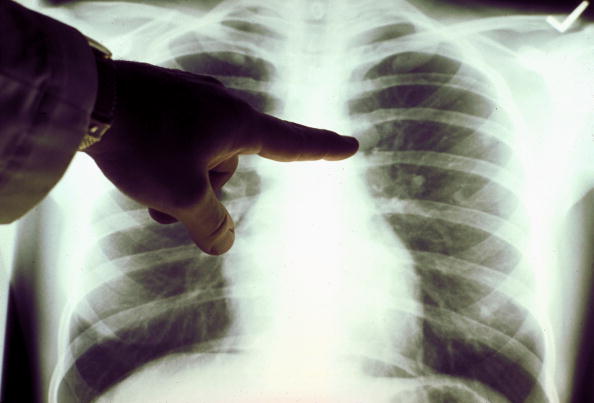
Although smoking remains the leading risk factor for lung cancer, two relative studies have revealed a startling detail: more non-smokers are getting diagnosed with the disease.
The studies, which were presented during the recent conference on lung cancer in Colorado, illustrate the increased incidence of non-small cell lung cancer (NSCLC) among non-smokers or those who have never lit a cigarette in their lives.
In the UK, the incidence jumped up to 28% from only 13% from 2008 to 2014, although the researchers shared that the highest reported cases occurred during 2013 to 2014, where the increase was almost 30%. According to the group, since the data were obtained from one of the biggest surgical databases for lung cancer in England, this percentage is a good representation of the UK population.
The England team's conclusion was duly seconded by Texas researchers who scoured for information in three large databases of lung cancer patients. For their study, however, they also included small-cell lung cancer cases, so overall, they worked with more than 11,000 lung cancer patients diagnosed between 1990 and 2013.
Based on their analysis, even if other controlling factors such as gender and age are considered, the lung cancer incidence among non-smokers is still high.
Both studies also reveal that most of the non-smokers are diagnosed in the advanced stages (stage IV) and that while both men and women have an increased risk, it's more prevalent among women.
The studies don't point out the exact reason for the increased incidence, although previous studies have already cited exposure to second-hand smoking and radon may be the culprits. The researchers also don't discount the impact of air pollution on people's lung health.
Nevertheless, the studies' findings remain important since lung cancer among non-smokers is an entirely different subtype, and thus, treatments for smoking-related cancers most likely won't work for the patients.
